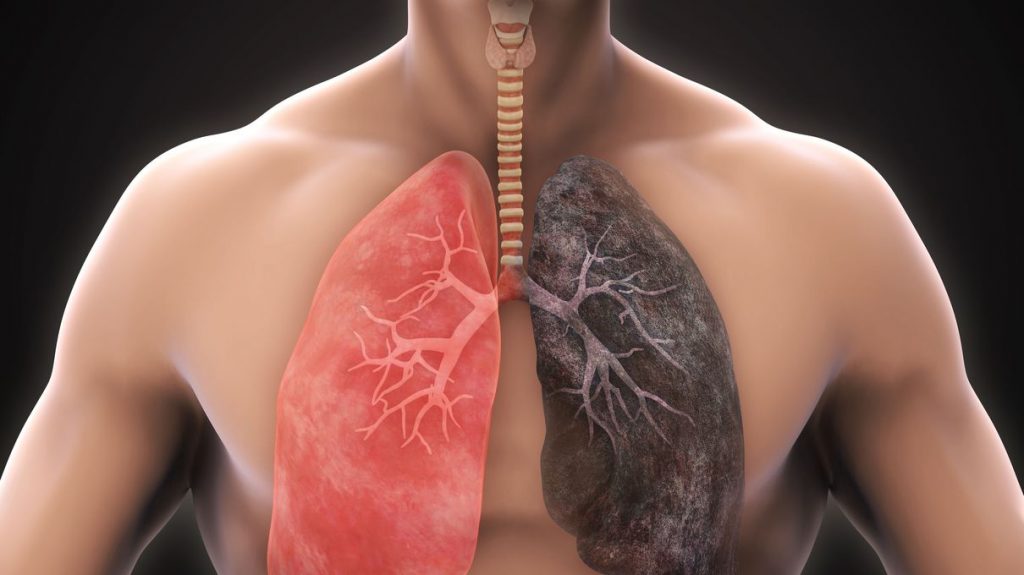Over 11 MILLION Americans have been diagnosed with COPD (or chronic obstructive pulmonary disease), according to the American Lung Association. Another 15-24 MILLION may have it without even realizing. Could you be one of them?
What is COPD?
COPD is a chronic disease that is a slow, progressive obstruction of airflow into or out of the lungs. The primary cause of COPD is long-term lung damage from cigarette smoking and/or exposure to tobacco smoke. But other causes include air pollution, infectious diseases, and genetic conditions.
 So, despite common assumptions, one does not have to be a smoker to face COPD.
So, despite common assumptions, one does not have to be a smoker to face COPD.
How Do I Know If I Have It?
It’s not always easy to tell. With up to 24 million Americans potentially having COPD without realizing, it is clear that many people aren’t even aware of the symptoms.
Most people ignore them at first. But according to the Mayo Clinic, symptoms of COPD don’t even occur until significant lung damage has been done, so these symptoms are not to be ignored.
Do you have a chronic cough, increased mucus, fatigue or shortness of breath? If so, you may want to consider consulting a doctor.
What Are The Best Treatment Options?
With more funding and more specialists focusing on treatments, those already diagnosed with COPD can access even more help than they could just months ago.
Oxygen therapy and medication are some of the most common forms of COPD treatment, but there are advancements in these every single day.
But, the most drastic treatment advancements have come from stem cell research. Findings have shown that stem cells can promote the healing in the lungs and slow the progression of chronic lung disease. The procedure has no chance of rejection and is minimally invasive making it a much more popular option for many.
This treatment option is giving a new hope to COPD patients.
Where Do I Find These New Treatments?
It’s easy to accept the diagnosis one doctor may give you. Especially if you have been seeing the same doctor quite some time. But each person is unique and with advancements being made weekly, it’s important to do your homework.
So, rather than sitting around accepting your illness, it’s time to do your research.


